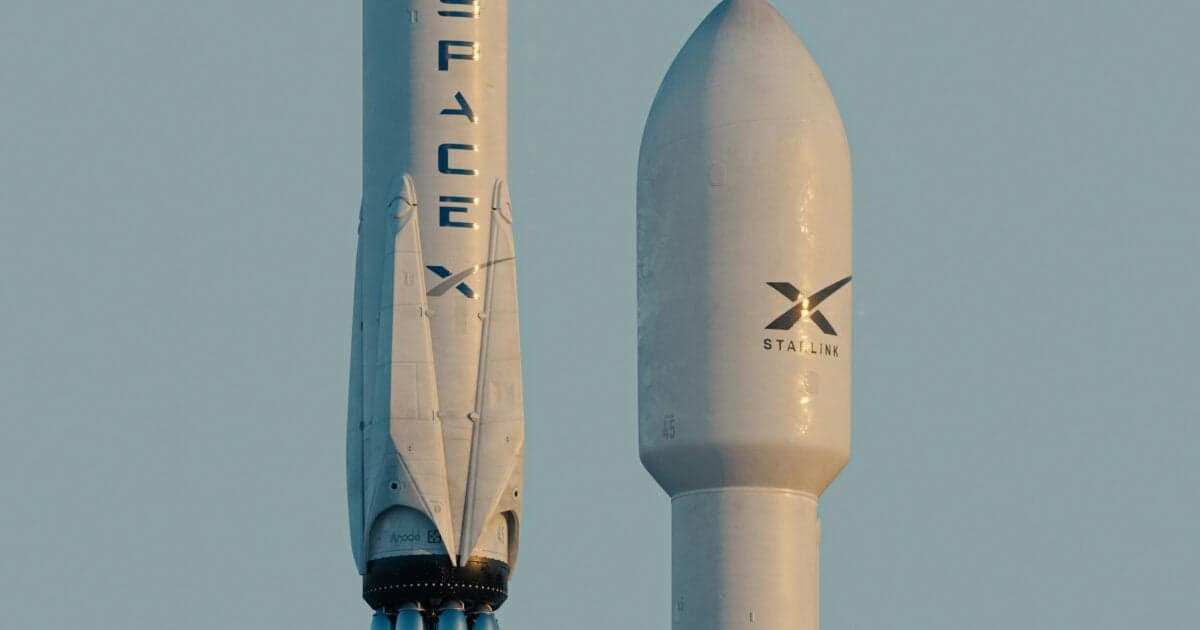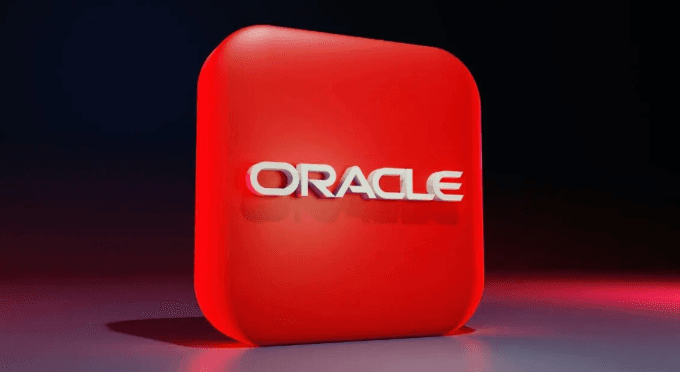How Should Investors Think About McDonald's (MCD) Big Announcement?


Fast-food giant McDonald's (MCD) is adding some spice to its classic breakfast sandwiches...
The company's iconic golden arches are a universal symbol of modern convenience... and it's a darling in the investing world. It's a long-time "compounder," having returned around 15% per year for the past 20 years.
And the Stansberry Score likes MCD as well, giving it A grades for Financial and Capital Efficiency. And it's not particularly expensive today, earning a C for Valuation. All in all, it earns an overall A+ grade... earning it a spot in the top 100 of more than 4,500 ranked stocks.
Its Big Mac sandwich and Happy Meals have cemented McDonald's cultural relevance... but even the most successful businesses can't rest on their laurels. McDonald's understands that you either constantly innovate – or you die.
McDonald's Is Embracing Spice for Breakfast
The company was one of the first fast-food chains to implement the drive-thru system in 1975, introduce a breakfast menu in 1977, include calorie counts on menu items in 2012, and develop self-ordering kiosks and a phone app in 2015.
And starting this morning, you can now get a new Spicy McMuffin with sausage, egg, or cheese at the drive-thru... topped with the company's spicy pepper sauce.
The company is also bringing back its fan-favorite chicken Snack Wrap as a permanent menu item in spicy and ranch flavors. McDonald's announced the marketing blitz on X last month – giving full credit to near-rabid Snack Wrap fans. And the president of the company's United States division released an even simpler statement:
Inc magazine notes that Millennials and Generation Z are much more focused on spicier, bolder flavors, so it makes sense that McDonald's is trying to capture a greater share of their breakfast choices.
Will McDonald's Keep Its Growth Story Intact?
Consumers today are increasingly frustrated with high food prices... and that showed up in McDonald's last earnings announcement.
In May, the company reported that its comparable sales shrank 3.6% in the first quarter, its worst domestic performance since the 8.7% plunge during the COVID-19 pandemic. As Chaikin Analytics founder Marc Chaikin put it – fast-food companies are making a huge mistake:
When customers are paying more, they won't put up with getting less than they're used to.
Portion sizes are one example. Food quality is another. Even little details like condiments and extra napkins become important when we're paying higher prices.
More than ever, folks want to feel like they're getting a decent value.
Marc noted that, over the past decade, McDonald's average prices have more than doubled. Compare that with Starbucks, where prices have increased by 39% over the past 10 years. Overall, McDonald's saw the highest increases across a dozen fast-food chains – and more than triple the base inflation rate.
McDonald's next quarterly earnings are expected at the end of this month. And the big question is, will the company return to growth?
McDonald's Is More Than a Fast-Food Business – It Has $40 Billion of Real Estate, Too
McDonald's isn't just the No. 1 fast-food restaurant in the world. It's also one of the biggest real estate empires of all time.
Harry J. Sonneborn – McDonald's first president and chief executive – is famously quoted as saying:
We are not technically in the food business. We are in the real estate business.
Sonneborn put a specialized practice in place that involved buying and owning the real estate that many of the company's franchised restaurants were built on. This way, franchisees make money selling burgers and fries, while the company makes money through leasing land and collecting rent and royalty payments from those franchisees.
This was what really rocketed McDonald's into the mega real estate and fast-food dominator that it is today.
It's a recession-proof system. While consumers may buy fewer burgers in times of economic hardship, rent always has to get paid. And because of its landlord status, the company's estimated real estate portfolio is collectively worth more than $40 billion. That translates to nearly $10 billion in collected rent.
Today, franchisee rent accounts for around 40% of McDonald's total revenue. That's why the company has been aggressively pushing franchised store numbers for the past 10 years.
Steady Profits and Almost a Dividend King
McDonald's is also an incredibly capital-efficient company...
That means it generates real returns for shareholders – as measured by things like free cash flow – while not requiring a lot of capital to run its business.
We mentioned our Stansberry Score earlier. Below, you can see a breakdown of how McDonald's scores as of market open, July 8...
With large, mature businesses like McDonald's, we focus on fundamental analysis. You can look at one of our favorite numbers – return on invested capital ("ROIC") – to try and derive the business's true value creation and get an idea of what its stock may return to shareholders.
McDonald's has had an ROIC of around 20% every year for the past decade. That tells us that after considering the capital it needs to put into its business, the company consistently generates a profit of 20%.
This broad success also allows McDonald's to pay out dividends of more than 2% to its shareholders, well above the current S&P 500 Index average of about 1.3%.
McDonald's is also only one year away from becoming a "Dividend King," meaning that it has increased its dividend payouts for almost 50 consecutive years, through both the Great Recession and the COVID-19 pandemic.
And looking to the future, McDonald's has recession-proof qualities that should protect investors, specifically its real estate revenue and its role as a low-cost treat that consumers are unlikely to permanently cut out.
Should an Investor Buy McDonald's Today?
McDonald's is a core holding in several Stansberry Research model portfolios. And we liked Wall Street legend Whitney Tilson's take on buying McDonald's after it had some problems...
I've made tens of millions of dollars over the years with my favorite type of investment: a good company with strong fundamentals that encounters difficulties which crush the stock. But once the company fixes its problems, the stock rallies strongly.
A classic example is fast-food chain McDonald's (MCD), which did all sorts of dumb things in the years leading up to 2003. It engaged in a price war with Burger King... built too many stores... and focused its marketing on lower-priced, lower-margin Dollar Menu items.
The stock got clobbered, falling 70% from 1999 to 2003. But the company's operating cash flows were only down 15%. That kind of discrepancy is exactly what investors like me look for.
I invested 5% of my fund in MCD shares at the end of 2002. A few months later, when the stock had fallen even further, I backed up the truck and made it a 10% position. The stock soon doubled and has been a multibagger since its bottom.
We'll see if McDonald's strategy to lure in more price-conscious consumers for its new limited-time spicy breakfast items turns into more growth in the next quarter.
In the meantime, sign up here for a free account to access the Stansberry Score of more than 4,500 stocks.






